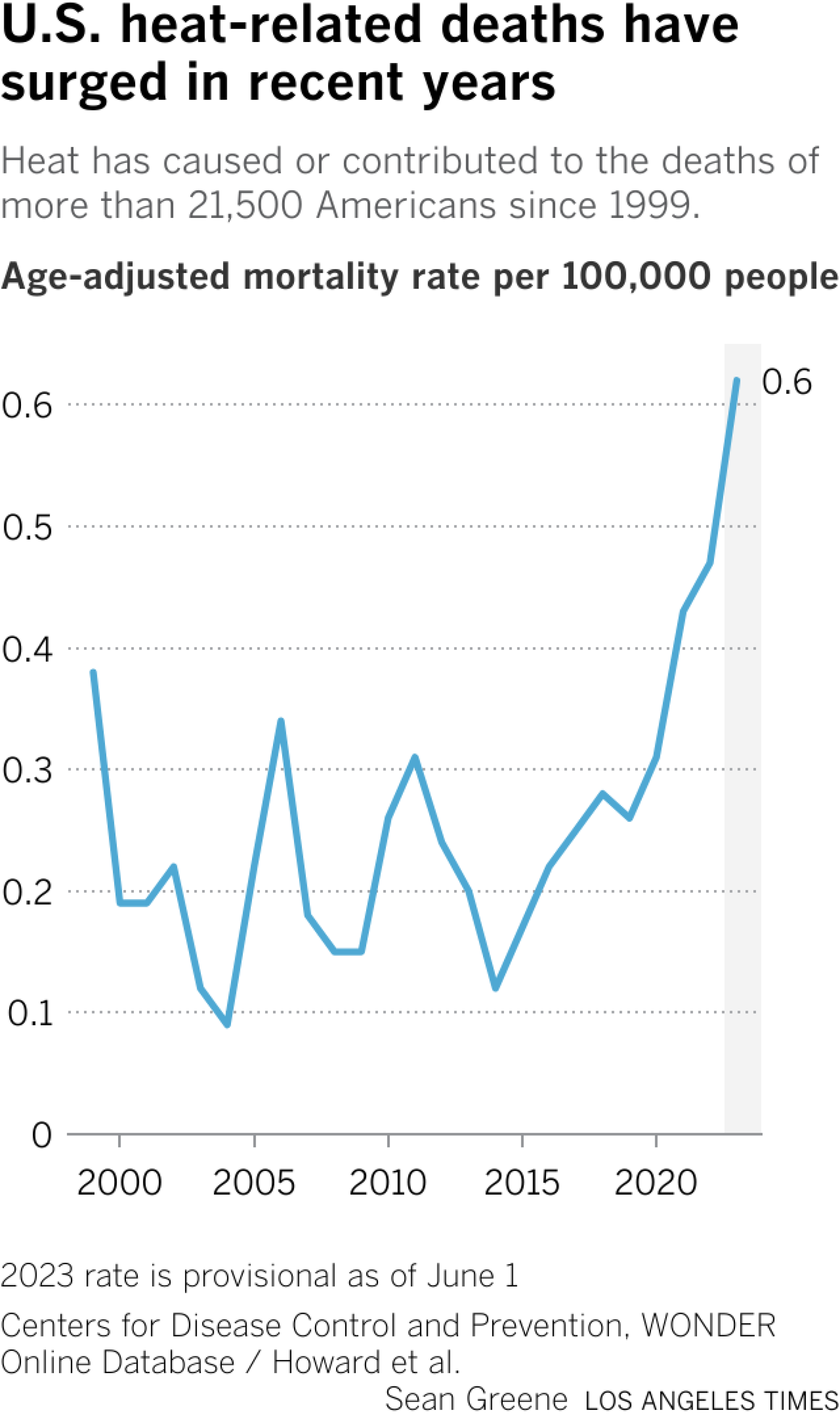LONDON (Reuters) – British Prime Minister Rishi Sunak and his Labour Party rival Keir Starmer kicked off their election campaigns on Thursday, each arguing that only they can snap the country out of its economic and political malaise.
Sunak, whose Conservatives have trailed Labour by more than 15 points in polls since he became prime minister in October 2022, shocked and angered many in his party when he gambled by calling a July 4 election, months earlier than expected.
He argued on Thursday that the economy was turning a corner and he had a plan to tackle illegal immigration. But with prices in the shops up 21% in the last three years and the national health service buckling under record waiting times, it may be hard to persuade voters that Britain is on the right track.
“Even though there’s more work to do and I know it will take time for you to see the benefits, the plan is working,” Sunak told voters at an event with workers in central England.
The former investment banker announced his decision in the pouring rain in Downing Street on Wednesday, having to shout over protesters blaring the song “Things Can Only Get Better” – an anthem associated with Labour’s crushing 1997 election victory under Tony Blair that ended the last long period of Conservative rule.
Sunak also admitted on Thursday that two of his flagship policies were now in doubt due to the timing of the election – sending illegal migrants to Rwanda to deter them from arriving in Britain, and banning smoking for younger generations.
He did receive one boost, however, when Nigel Farage, a former Brexit campaigner, said he would not seek election for Reform, likely blunting the appeal of the right-wing party and reducing its ability to eat into the Conservative’s voter base.
At stake is control of the world’s sixth largest economy which has endured years of low growth and high inflation, is still battling to make a success of its 2016 decision to leave the European Union, and is slowly recovering from twin shocks of COVID-19 and an energy price spike caused by the war in Ukraine.
That backdrop makes the economy one of the most important electoral battlegrounds. The two parties are also likely to focus on migration, defence, health and security.
POLITICAL TURMOIL
Polls show voters want change, even if they are not hugely enthused by Starmer and his Labour Party, after 14 years of Conservative government marked by unprecedented levels of political turmoil and so-called culture war issues.
Coffee shop worker Kitty McMurray, on her way to work, said the country needed an election because it felt like everything was falling apart. “Bring it on,” the 29-year-old said.
Starmer told voters at an event in Gillingham, southeast England, that he wanted to renew, rebuild and reinvigorate Britain. He focused on deprivation and the invisible barriers that prevent many from improving their lot.
Referencing children who live in inner-city areas where big corporations such as Google have a presence, he said: “they cannot imagine themselves ever making that journey from their school to those jobs. It’s a few hundred yards.”
Starmer is the country’s former chief prosecutor who has pulled Labour’s politics back to the centre ground after it lurched to the left under his predecessor.
Were Labour to win, Starmer would become Britain’s sixth prime minister in eight years, the highest turnover since the 1830s, underscoring the level of turmoil that has gripped a country once known for its political stability and pragmatism.
While the electioneering gets underway, activity in parliament is expected to pick up too as the government works out which of the pieces of legislation currently in process will be rushed through, and which will fall by the wayside.
Sunak said on Thursday that flights to Rwanda would now not start before the election, casting doubt on the divisive policy as Labour have vowed to scrap it. His policy to ban anyone aged 15 and under from ever buying cigarettes was not mentioned on the parliamentary agenda in the next few days.
(Reporting by William James; Editing by Daniel Wallis, Alex Richardson and Andrew Heavens)
